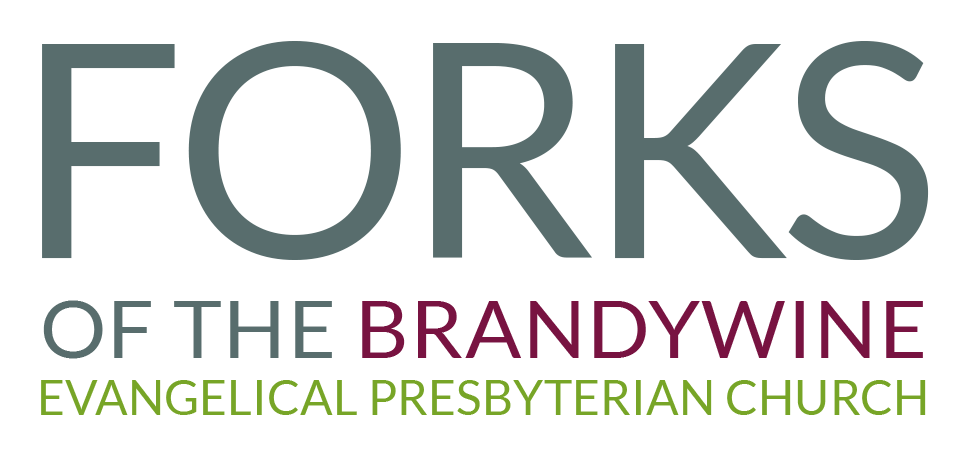Guardian Angels, part 1
Three Steps of Studying the Bible
Do you believe in guardian angels? If the most recent figures are still somewhat reliable today, most Americans do. ABC News reported the results of a 2008 poll conducted by Baylor University on this question. The results showed that 55 percent of Americans across the board believe in guardian angels, including 20 percent of those who say they are non-religious. What do you think? Are guardian angels real? How would you try to find out? As Bible-believing Christians, the first place we should turn is Scripture. We know God’s word has the answers, but how should we use the Bible when searching for those answers? In this article, I want to give some directions on how to study the Bible, and in the next article I will show you how it works in practice by applying these directions to the topic of guardian angels. So here are three steps to studying the Bible.
When investigating any question that you have about what to believe, the first thing you should look for in Scripture is this: Is there any direct teaching in the Bible on this topic? “Direct teaching” means you can open your Bible to a specific chapter or section that explicitly discusses that topic. You are looking for more than a verse or two with an offhand comment; you want at least a full paragraph where the author directly engages the topic. For example, you will not find any direct teaching in the Bible on the doctrine of the Trinity. You cannot open your Bible to a specific place that says, “Okay guys, now let me tell you about the Trinity. Get ready for some tricky math!” However, you will find direct teaching in the Bible about the doctrine of justification by faith. For instance, go read Romans chapter 4.
After researching the direct teaching, or if there is no direct teaching that addresses your question, you move on to the next step: Is there any indirect teaching in the Bible on this topic? “Indirect teaching” means you can open your Bible to a specific verse where something related to the topic is explicitly said but isn’t the focus of the passage. At this point you are looking for offhand comments and side references. For example, in 1 Timothy chapter 2, while Paul is directly teaching on how we should conduct ourselves in church, he mentions that Jesus died as a ransom for all and that he (Paul) was appointed as an apostle to preach that message to the Gentiles (verses 6-7). The death of Christ and Paul’s apostleship are not the subject matter under discussion in 1 Timothy 2, which means Paul is not giving direct teaching on those topics there. However, what he says in these offhand comments is extremely valuable because he is giving us important information that is related to those other topics. This is indirect teaching about a topic in the middle of direct teaching about a different topic.
It is crucial to keep in mind that both direct teaching and indirect teaching involve explicit statements about the question or topic you are investigating. “Explicit” means the biblical author clearly has your topic in mind and says something about it, either by name, by synonym, or by referring to the general concept. For instance, consider the topic of the final judgment. The final judgment is explicitly mentioned by name in Revelation 20:11-15; it is explicitly mentioned by synonym in Romans 2:6; and the general concept is explicitly referred to in Hebrews 4:13. In these places, you will find both direct and indirect teaching on the final judgment because that topic is explicitly in the author’s mind, and he means to tell you something about it in the text.
After you have searched out the indirect teaching, or if there is no indirect teaching, it’s time for step three: Is there any implicit teaching in the Bible on this topic? “Implicit teaching” means you can open your Bible to passages that may not say anything explicit about the topic, but what it does say has certain implications about the topic. The Westminster Confession of Faith 1.6 says that Scripture teaches not only what it explicitly says, but also what it logically implies. In this step, you are looking for evidence that can be used to draw out the Bible’s implied answer to your question. For example, the New Testament never addresses, directly or indirectly, the question of infant baptism. That means infant baptism is not explicitly taught in Scripture, nor is it explicitly denied. So if the doctrine is really biblical, it must be an implicit teaching. The question is: Is there any evidence that implies the biblical authors held such a belief even though they never explicitly mention it? Yes, there is. Infant baptism is deduced from Scripture based on what the Bible says about household baptisms, the covenant, the church, the kingdom of heaven, children of believers, and the Christian family. Direct and indirect teaching on all these topics is the evidence that leads to the implicit teaching of infant baptism.
These are the three big steps of sound Bible study. This is how we bring our theology in line with the teaching of Jesus and his apostles and develop it in ways they would approve. We construct our doctrines and beliefs based primarily on what the Bible teaches—directly, indirectly, and implicitly. In the next article, we will apply these directions to the topic of guardian angels. But you don’t have to wait till then to find out. Grab your Bible, use these steps to study the topic for yourself, and next month we will compare our answers. Let’s go study!
Grace and peace,
Pastor Wesley
The Pastor's Pen


Glorifying Christ in Joyful Community through Worship, Fellowship, and Witness
Useful Links
Contact Info
Want to support our Ministry?
All rights reserved.
“Scripture quotations are from the ESV® Bible (The Holy Bible, English Standard Version®), copyright © 2001 by Crossway, a publishing ministry of Good News Publishers. Used by permission. All rights reserved. The ESV text may not be quoted in any publication made available to the public by a Creative Commons license. The ESV may not be translated in whole or in part into any other language.”
Created and Hosted with BUILD by One Eleven





